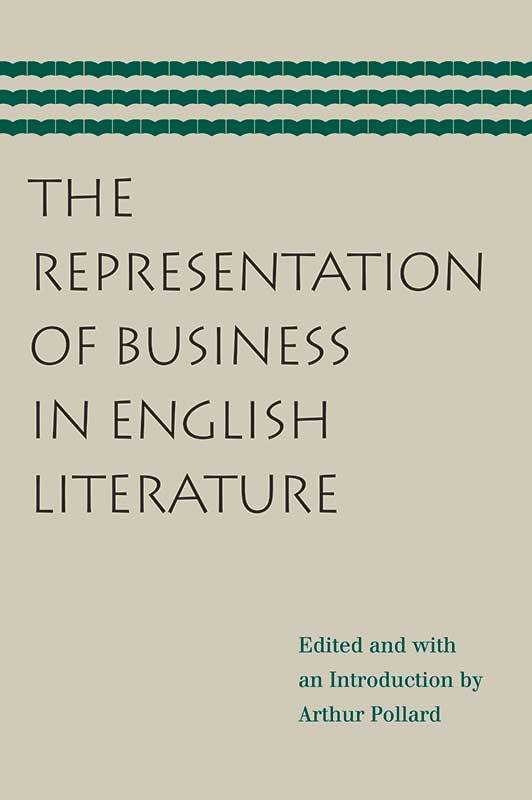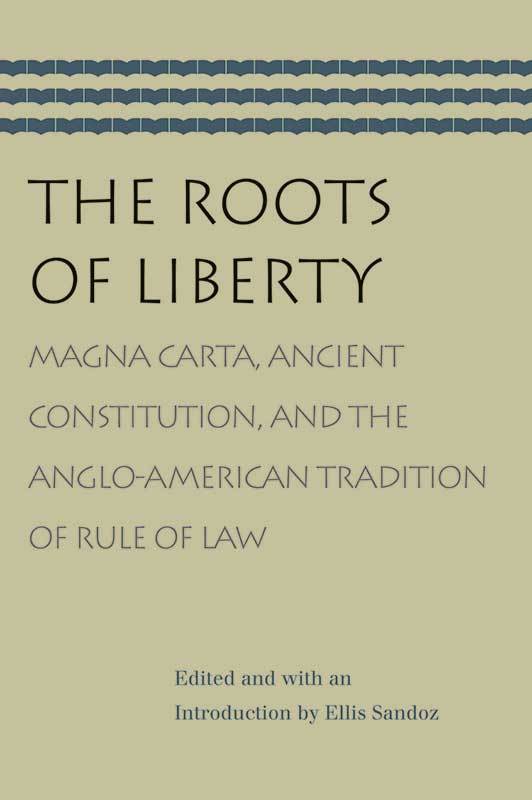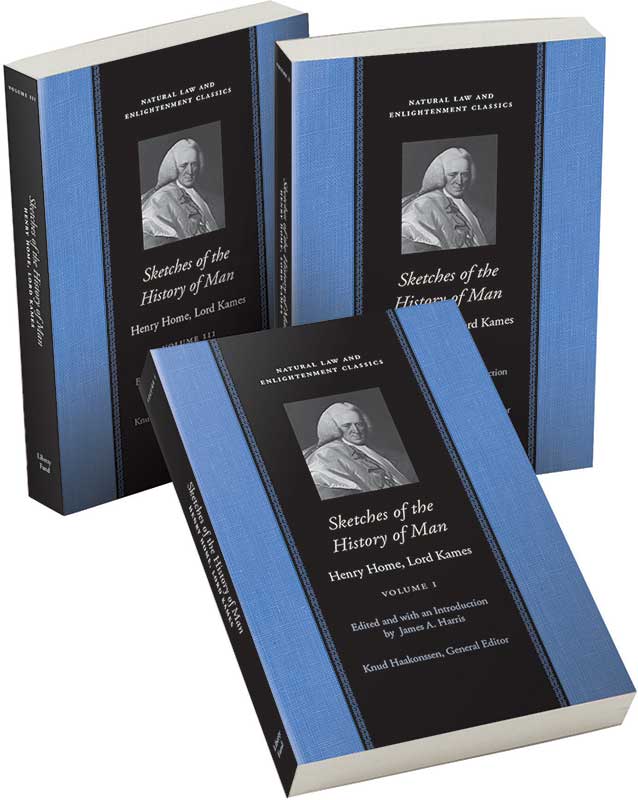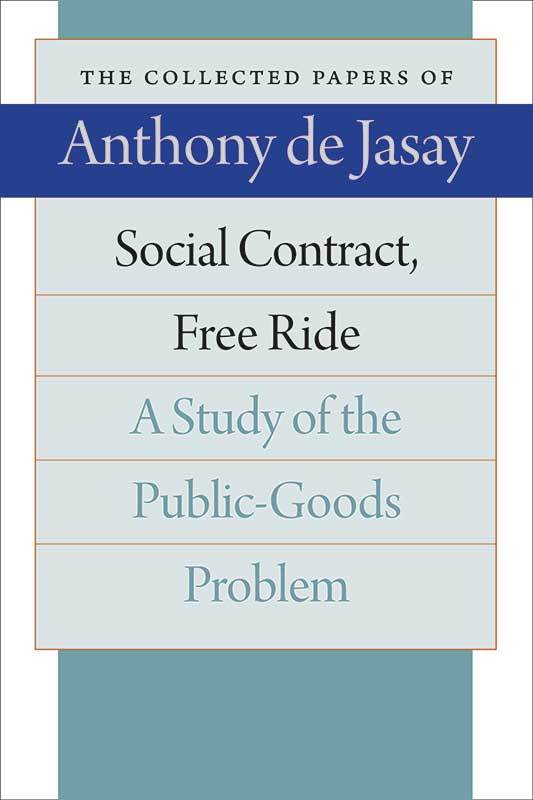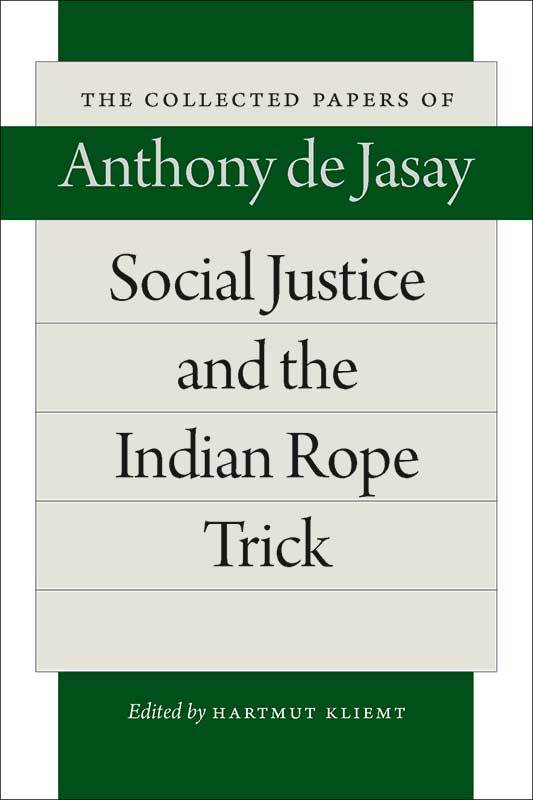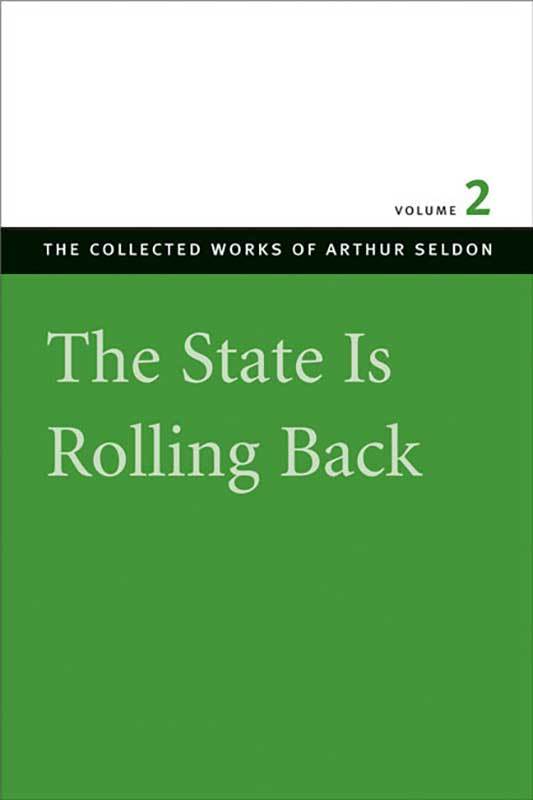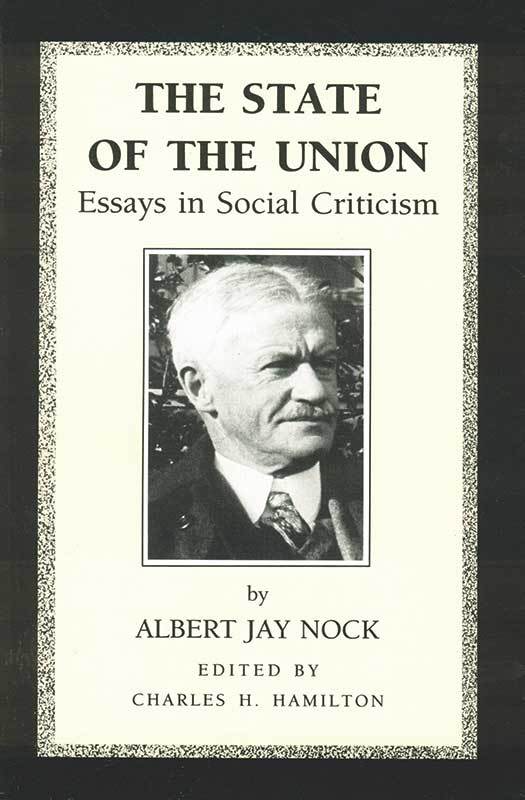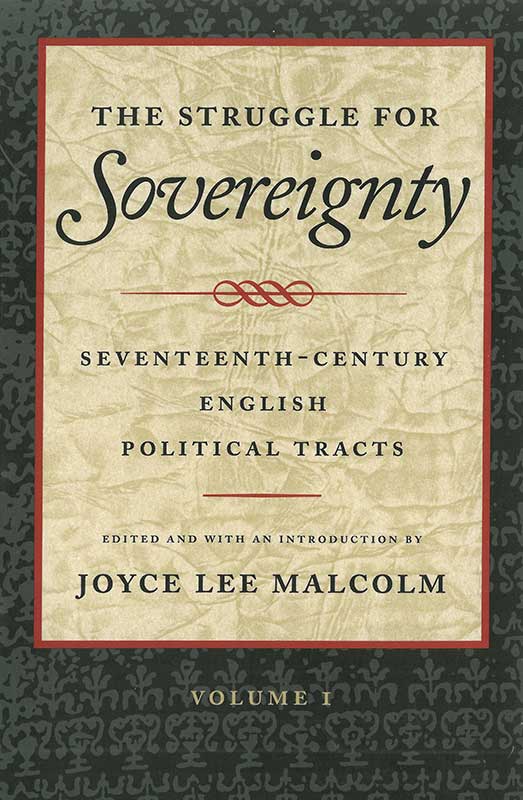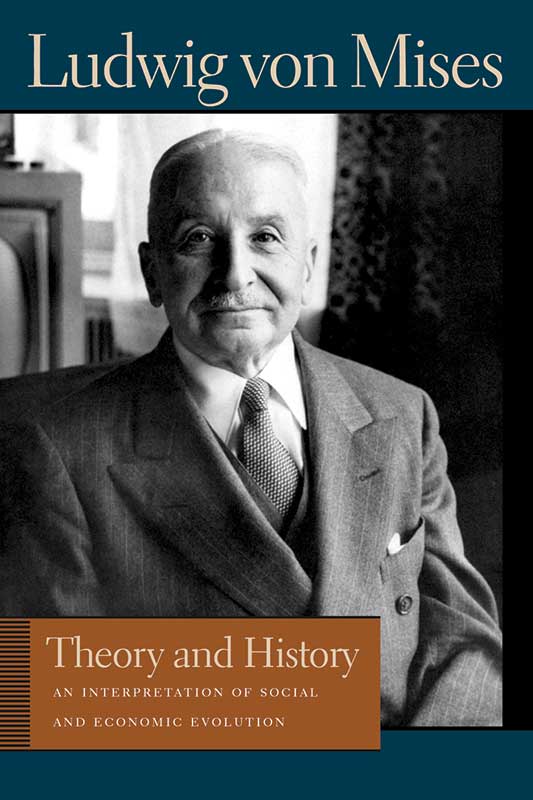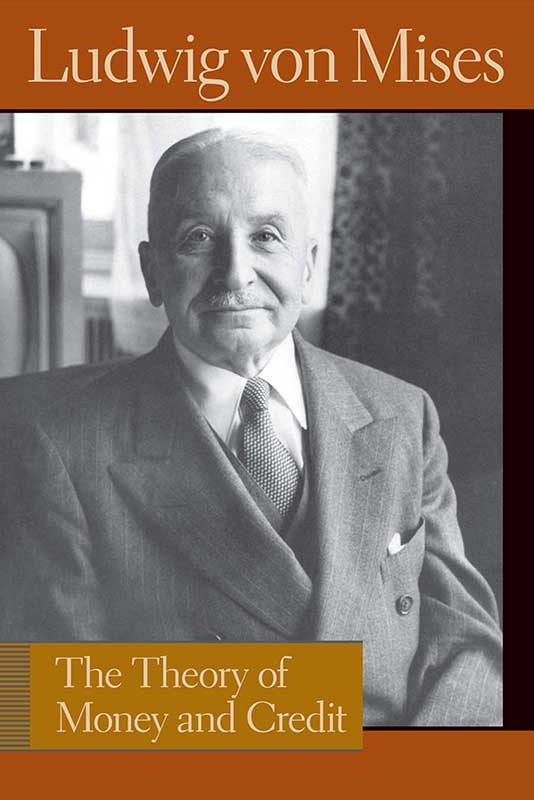SPECIAL OFFERS
-
The Representation of Business in English Literature
by Arthur Pollard
/ Learn MoreIn The Representation of Business in English Literature, five scholars of different periods of English literature produce original essays on how business and businesspeople have been portrayed by novelists, starting in the eighteenth century and continuing to the end of the twentieth century. The contributors to Representation help readers understand the partiality of the various writers and, in so doing,…
-
The Roots of Liberty
by Ellis Sandoz
/ Learn MoreThe Roots of Liberty is a critical collection of essays on the origin and nature of the often elusive idea of liberty. The essays address early medieval developments, encompassing such seminal issues as the common-law mind of the sixteenth century under the Tudor monarchs, the struggle for power and authority between the Stuart kings and Parliament in the seventeenth century,…
-
Scholasticism and Politics
by Jacques Maritain
/ Learn MoreScholasticism and Politics, first published in 1940, is a collection of nine lectures Maritain delivered at the University of Chicago in 1938. Maritain championed the cause of what he called personalist democracy—a regime committed to popular sovereignty, constitutionalism, limited government, and individual freedom. He believed a personalist democracy offered the modern world the possibility of a political order most in…
-
The Selected Writings of Sir Edward Coke
by Sir Edward Coke
/ Learn MoreSir Edward Coke (1552–1634) successfully defended English liberties against the royal prerogative of the Stuart kings and virtually single-handedly established the rule of law for the English-speaking peoples. Coke’s view of English law has had a powerful influence on lawyers, judges, and politicians through the present day. It was Coke’s astonishing task to set down the whole of the law—from…
-
Sketches of the History of Man
by Lord (Henry Home) Kames
/ Learn MoreDivided into three books, Kames’s Sketches of the History of Man draws together the concerns of many of his earlier works. The first book considers man in the private sphere, while the second explores man in the public sphere. The final book is an account of progress in the sciences of logic, morals, and theology. Throughout the entire work, Kames…
-
Social Contract, Free Ride
by Anthony de Jasay
/ Learn MoreSocial Contract, Free Ride is a cogent argument that strikes at the very foundations of traditional economic apologies for coercive action by the state to fulfill necessary public utility. Anthony de Jasay is an independent theorist living in France.
-
Social Justice and the Indian Rope Trick
by Anthony de Jasay
/ Learn MoreAnthony de Jasay is arguably one of the most influential independent thinkers and libertarian political philosophers of our time. Through his writings, he challenges the reigning paradigms justifying modern democratic government, providing an antidote to the well-intentioned yet, in Jasay’s opinion, naive expansion of state power furthered by much of modern thought today. In this collection of witty and compelling…
-
The State Is Rolling Back
by Arthur Seldon
/ Learn MoreThe State Is Rolling Back, the second volume of Liberty Fund’s The Collected Works of Arthur Seldon, brings together a comprehensive collection of fifty-four articles reflecting Arthur Seldon’s scholarly development. By the late twentieth century, Arthur Seldon was one of the most powerful exponents of classical liberalism, helping to stimulate its revival, through both his own writings and the publications…
-
The State of the Union
by Albert Jay Nock
/ Learn MoreThis collection is the first chosen from Albert Jay Nock’s entire work and the first new collection in nearly thirty-five years. It includes his best-known essays, some outstanding but neglected articles, and previously unpublished material.
-
The Struggle for Sovereignty
by Joyce Lee Malcolm
/ Learn MoreFor much of Europe the seventeenth century was, as it has been termed, an “Age of Absolutism” in which single rulers held tremendous power. Yet the English in the same century succeeded in limiting the power of their monarchs. The English Civil War in midcentury and the Glorious Revolution of 1688 were the culmination of a protracted struggle between kings…
-
Theory and History
by Ludwig von Mises
/ Learn MoreTheory and History is primarily a critique of Karl Marx, his materialism, and his prediction of the inevitability of socialism. Marx attributes the creation of tools and machines, as well as the economic structure of society, to undefined “material productive forces.” Mises rejects this materialistic view; he points out that tools and machines are actually created by individuals acting on…
-
The Theory of Money and Credit
by Ludwig von Mises
/ Learn MoreThe Theory of Money and Credit integrated monetary theory into the main body of economic analysis for the first time, providing fresh, new insights into the nature of money and its role in the economy and bringing Mises into the front rank of European economists. The Theory of Money and Credit also presented a new monetary theory of the trade…
35% OFF YOUR ENTIRE BOOK PURCHASE
With promo code:
FALL2025
Expires October 31, 2025

